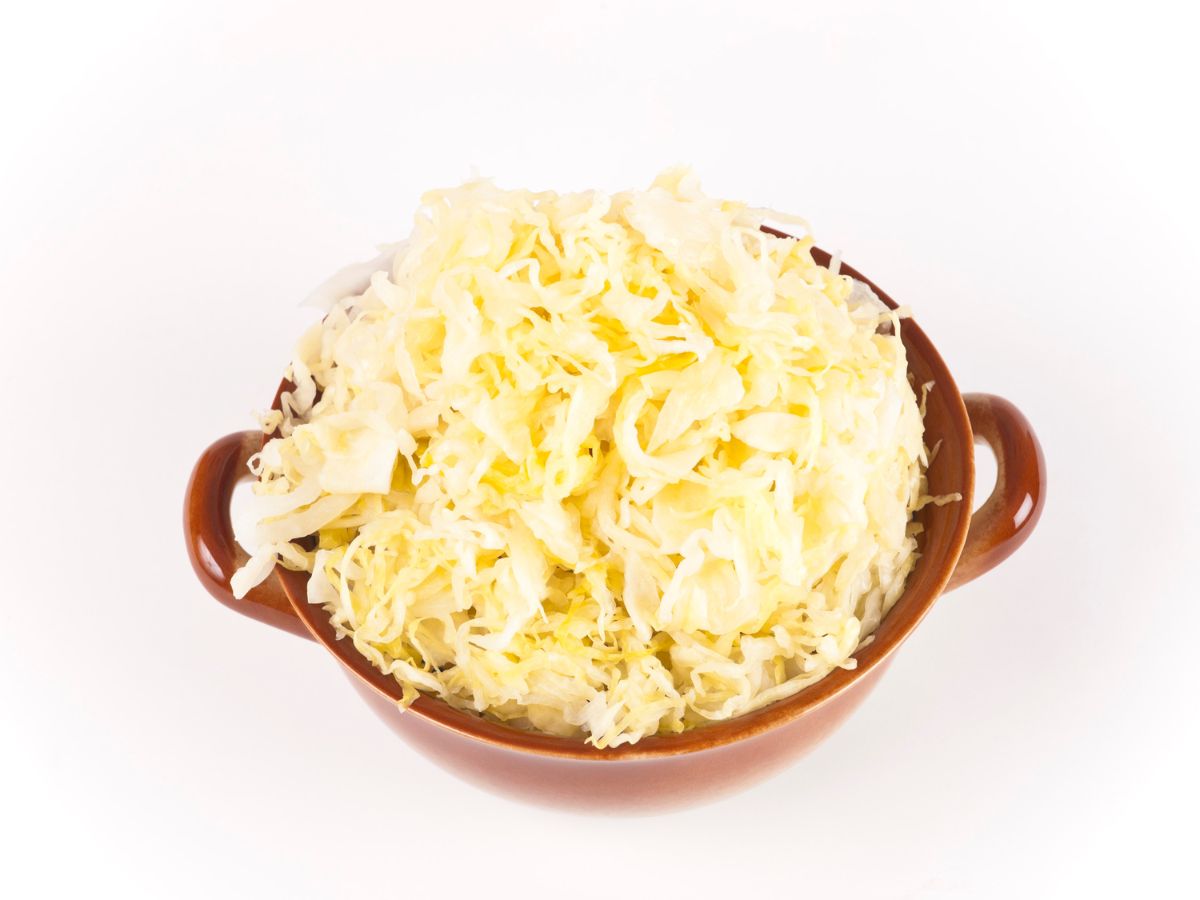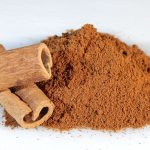Unlock the remarkable health benefits of sauerkraut, a fermented superfood that offers more than just a tangy kick to your meals. Packed with probiotics, vitamins, and minerals, sauerkraut has been cherished for centuries across various cultures. Discover why this nutritional powerhouse deserves a spot in your daily diet and how it can transform your well-being.

Digestion Miracle: How Sauerkraut Transforms Gut Health
Sauerkraut, a form of fermented cabbage, has been revered for its unique sour flavor and its ability to complement numerous dishes. The fermentation process breaks down natural sugars in cabbage into lactic acid, fostering an environment where beneficial bacteria, or probiotics, thrive.
These probiotics are akin to the beneficial microorganisms in the human gut, crucial for digestive health. They aid in breaking down foods, ensuring nutrient absorption.
Remarkably, one serving of sauerkraut may contain up to 28 distinct bacterial strains, offering a broad range of health benefits (source, source).
The fiber in sauerkraut also promotes regular bowel movements, preventing constipation and maintaining bowel health. A Norwegian study of 34 IBS patients found that adding sauerkraut to their diet significantly improved their symptoms.
Immune System Booster: The Probiotic Powerhouse
Sauerkraut’s contribution to immune health is deeply rooted in its rich probiotic content. These beneficial bacteria enhance the integrity of the gut barrier, which is the first line of defense against harmful pathogens, preventing them from entering the bloodstream and triggering infections or inflammation (source).
The probiotics in sauerkraut also interact with the immune system, improving its response by aiding in the production of antibodies that identify and neutralize foreign objects like bacteria and viruses.
Furthermore, sauerkraut is rich in vitamin C and iron, both essential for a robust immune system.
Weight Loss Ally: The Secret Weapon in Your Diet
Regularly consuming sauerkraut can help in weight loss and maintenance due to its low-calorie, high-fiber content.
High-fiber diets keep you fuller for longer, naturally reducing daily calorie intake. Fiber also regulates the digestive system, ensuring smooth bowel movements and reducing bloating, contributing to a slimmer waistline.
The probiotics in sauerkraut influence weight loss by supporting a healthy gut microbiome, improving fat-burning efficiency, and regulating metabolism (source).
Certain probiotic strains enhance energy extraction from food and alter fat storage, indirectly supporting weight loss efforts by modulating hormones like leptin, which regulates fat storage and hunger.
Heart Health Champion: The Fiber and Probiotic Duo
Sauerkraut promotes heart health primarily through its high fiber content, which helps lower levels of bad LDL cholesterol.
Fiber binds to cholesterol particles in the digestive system, leading them to be expelled from the body rather than absorbed into the bloodstream.
This reduction in LDL cholesterol levels decreases the risk of plaque buildup in the arteries, preventing conditions like atherosclerosis, a major risk factor for heart disease.
Moreover, the probiotics in sauerkraut influence cholesterol metabolism and inflammation, both critical factors in cardiovascular health (source).
Vitamin K2, found in sauerkraut, further supports heart health by preventing calcium deposits in the arteries.
Mental Health Support: Mood and Cognitive Function Enhancer
Fermented foods like sauerkraut can improve mood by increasing the gut’s absorption of mood-regulating minerals such as magnesium and zinc.
The probiotics in sauerkraut foster a balanced gut microbiome, which impacts neurotransmitter production and regulation, directly linking to mood and cognitive functions like serotonin, dopamine, and GABA.
A significant portion of serotonin, associated with well-being and happiness, is produced in the gut. Thus, consuming sauerkraut can positively affect mental health (source).
Bone Strengthener: The Vitamin K2 Advantage
Vitamin K2 in sauerkraut plays a pivotal role in bone health. It activates proteins that bind to calcium, the main mineral found in bones.
When sauerkraut is consumed, vitamin K2 synthesized during fermentation enters the body and enhances bone metabolism by activating osteocalcin, a protein that incorporates calcium into the bone matrix. This process strengthens bones and reduces the risk of fractures.
Additionally, vitamin K2 prevents the calcification of blood vessels and soft tissues, ensuring calcium is directed to the bones where it is needed most (source).
Skin Health Enhancer: Vitamins and Antioxidants for Radiant Skin
Sauerkraut is rich in vitamins and phenolic compounds that protect against oxidative stress by acting as powerful free radical scavengers.
Vitamin C in sauerkraut is crucial for collagen synthesis, giving skin its structure and elasticity. By stimulating collagen production, sauerkraut helps maintain firm and youthful skin.
Antioxidants like vitamin A aid in skin repair and maintenance, reducing acne and regulating sebum production. Vitamin E combats free radicals and provides hydration, reducing dryness and flakiness for a smoother complexion (source).
Infection Reducer: Fermentation’s Protective Power
The fermentation process enriches sauerkraut with health-promoting elements, making it a natural ally against infections.
Probiotics in sauerkraut strengthen intestinal barrier function, preventing pathogens from entering the bloodstream and causing systemic infections (source).
Organic acids like lactic acid lower the gut pH, creating an inhospitable environment for harmful bacteria and viruses. This acidic environment acts as a natural disinfectant, reducing infection likelihood.
Additionally, vitamin C boosts immune defense by supporting white blood cell production, crucial for fighting infections.
Energy Booster: Nutrient-Rich for Optimal Stamina
Sauerkraut is rich in B vitamins, including B12, which are essential for energy metabolism. B vitamins convert dietary energy into ATP, the form of energy cells use.
Vitamin B12 maintains healthy nerve cells and aids in DNA and RNA production. Iron in sauerkraut is vital for hemoglobin formation, ensuring adequate oxygen transport for energy production and overall stamina.
The fermentation process also generates organic acids that stimulate metabolism, further aiding in energy conversion from food.
Conclusion
Incorporating sauerkraut into your diet offers a multitude of health benefits, from improving digestion and boosting the immune system to enhancing skin health and supporting mental well-being. Its rich probiotic content and essential vitamins make it a powerhouse for overall health.
To further explore the advantages of fermented foods, delve into the health benefits of yogurt.




